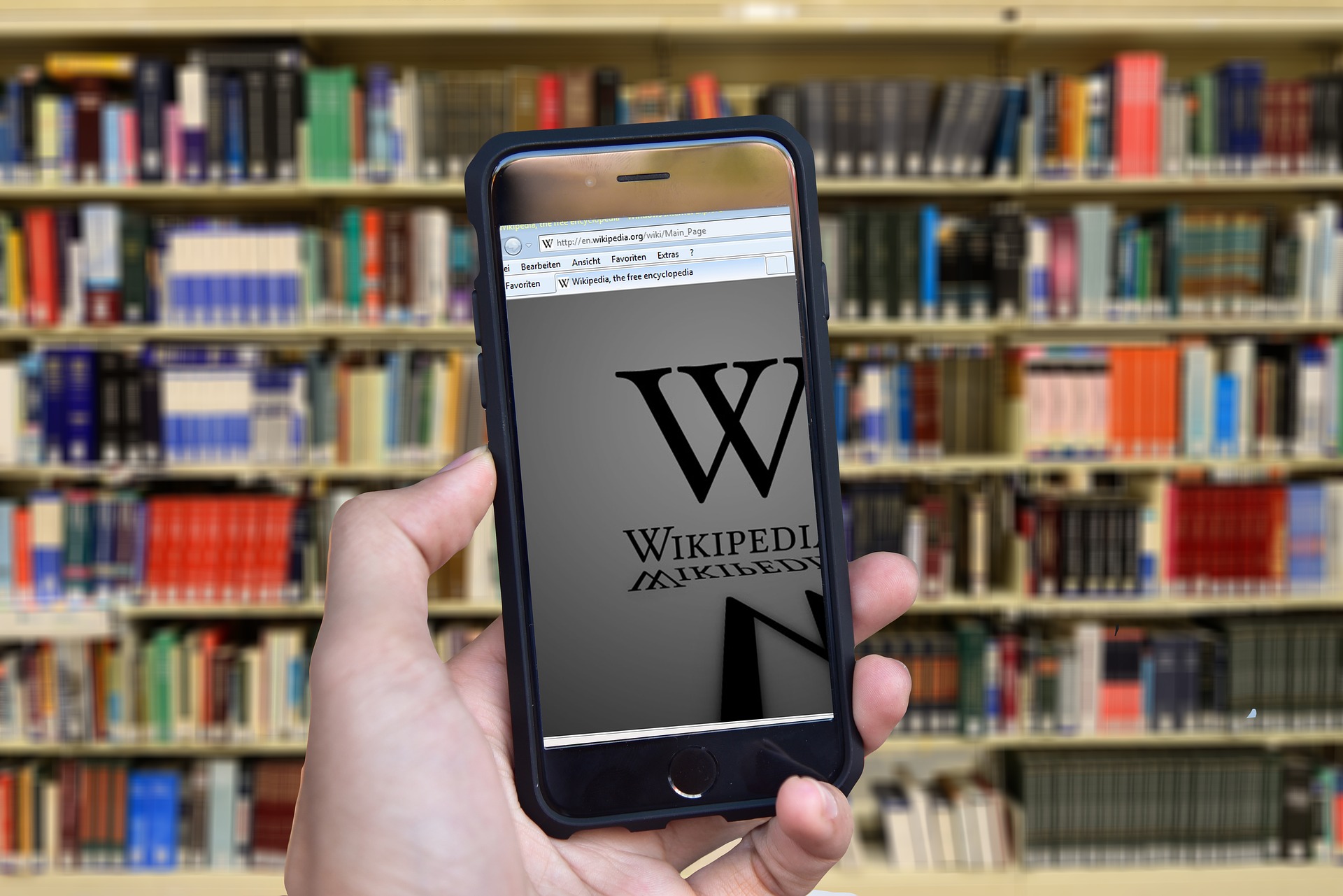The consequences of using poor resources
If you want to mention a classic theory or study in your field you should read about it from a good source such as the core text book. You should also read about it in other places as well because having a couple of different perspectives on the same thing is a very good way of understanding the concept. The better you understand something, the better you’ll be able to explain it.
If you have only accessed a poor quality resource, the chances are that your understanding will be poor, as will your explanation. Writing an academic essay or any other kind of assessment is a little bit like baking: if you put rubbish ingredients in (resources) you will have a rubbish cake (essay) at the end of it. An example of rubbish ingredients for a cake would be using the cheapest flour and slimy margarine. That would give you a very poor cake.
In academic terms, this would be like referencing Heat magazine (and yes, this has been tried and very poor marks were awarded!). Another example of a poor source would be Wikipedia. This is fine when you are scratching around for information, but follow the bread crumbs and rather than use the Wikipedia entry; find out what academic resources have been used and then look for them, or something close to them in the UHI library and reference that. Be aware that anyone can edit a Wikipedia reference in most cases (but not all). As such, you have no way of determining whether the information is good or not.






